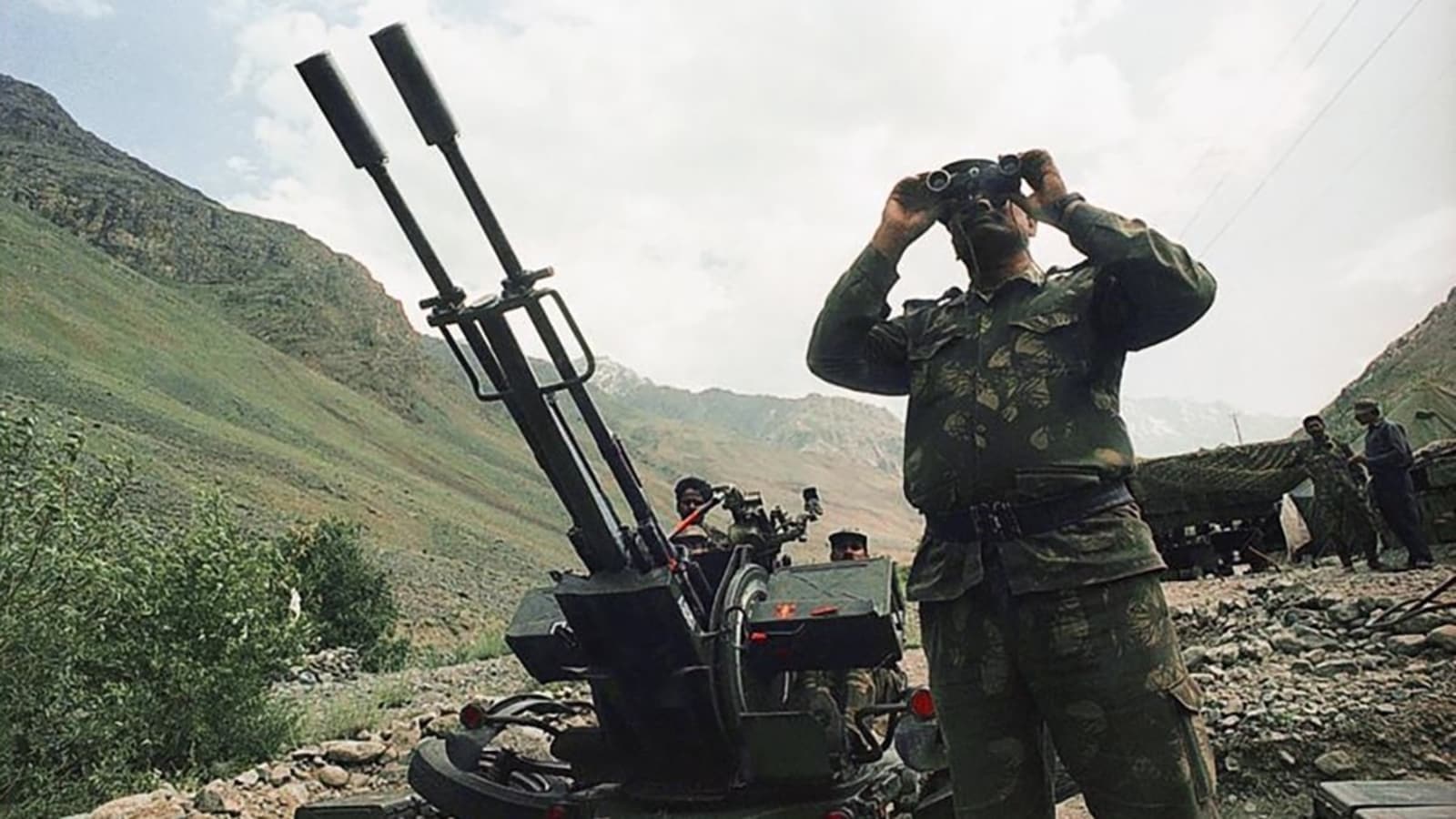 |
|
The 1999 Kargil War, a brutal 84-day conflict fought on the glaciated heights of the Kargil sector, marked a pivotal moment in the complex relationship between India and Pakistan. This war exposed Pakistan's insidious policy of using terrorism as a tool of state policy, shattering the West's pro-Islamabad stance and revealing the true extent of Pakistan's involvement in cross-border terrorism. While India emerged victorious, solidifying its military superiority in the region, Pakistan suffered both domestic and international humiliation. The war, a betrayal of the Lahore peace process by then Pakistani Army Chief General Pervez Musharraf, highlighted Rawalpindi's unwavering desire to claim Jammu & Kashmir, a disputed territory that has been a source of tension between the two nations for decades.
The Kargil conflict was a carefully orchestrated act of aggression. While Indian Prime Minister Atal Bihari Vajpayee was engaged in a symbolic gesture of peace with his Pakistani counterpart Nawaz Sharif, Musharraf, in a calculated deception, had already authorized the infiltration of Pakistani troops and terrorists across the Line of Control (LoC). This incursion, disguised as a spontaneous uprising of freedom fighters, was aimed at seizing Indian territory, internationalizing the Kashmir issue, disrupting Indian supply lines to Siachen Glacier, and ultimately weakening India's military presence in the region. The war served as a stark awakening for Western supporters of Pakistan, who had long turned a blind eye to Islamabad's clandestine operations. The international community was forced to recognize the reality of Pakistan's state-sponsored terrorism, shifting the narrative away from romanticized notions of 'militants' and 'freedom fighters' and acknowledging the grim truth of cross-border terrorism.
The aftermath of the Kargil War, though a turning point, did not signify a permanent shift in Pakistan's approach towards India. Despite being forced to withdraw its troops from Kargil, Pakistan continued to employ terrorism as a weapon against its neighbor. The hijacking of Indian Airlines flight IC-814 in 1999, orchestrated by Harkat-ul-Ansar terrorists, highlighted the continued threat posed by Pakistan-based terror groups. This incident, leading to the release of terror kingpin Masood Azhar, further cemented Pakistan's commitment to fostering terrorism as a means to destabilize India. Subsequent attacks, including those on the Jammu and Kashmir Assembly and the Indian Parliament, further underscored Pakistan's unrelenting strategy. The West, particularly the US, was compelled to pressure Pakistan to curtail its support for terrorism, a move motivated not by sympathy for India but by the need to ensure that its own war on terror was not jeopardized by Pakistani instability.
In the wake of the 9/11 attacks, Pakistan briefly enjoyed a resurgence of Western support as the US, under President George W. Bush, sought Islamabad's cooperation in combating Al Qaeda and the Taliban. However, the symbiotic relationship between the US and Pakistan was fraught with tension. The US eventually discovered Pakistan's duplicity, exposing Islamabad's double game in Afghanistan. The killing of Osama bin Laden in Pakistan in 2011 marked a pivotal moment, signifying the waning of American trust in Pakistan. This shift in the geopolitical landscape empowered India, under Prime Minister Narendra Modi, to take a more assertive stance against Pakistan-sponsored terrorism. India's response to attacks in Pathankot and Uri, including surgical strikes across the LoC, demonstrated a willingness to respond decisively to Pakistani aggression.
The Kargil War serves as a stark reminder of the historical complexities and deep-seated mistrust that have shaped Indo-Pak relations. While both nations have demonstrated a desire for peace, the shadow of terrorism continues to loom large, hindering meaningful progress towards lasting stability in the region. The legacy of the Kargil War is not only a testament to the dangers of cross-border terrorism but also a reminder of the need for genuine dialogue, trust-building measures, and a commitment to resolving long-standing disputes through peaceful means. As the region grapples with new challenges, including the resurgence of the Taliban in Afghanistan, the lessons learned from Kargil remain relevant and provide crucial insights into the dynamics of the Indo-Pak relationship, a relationship that continues to be marked by both conflict and the fragile hope of peace.
